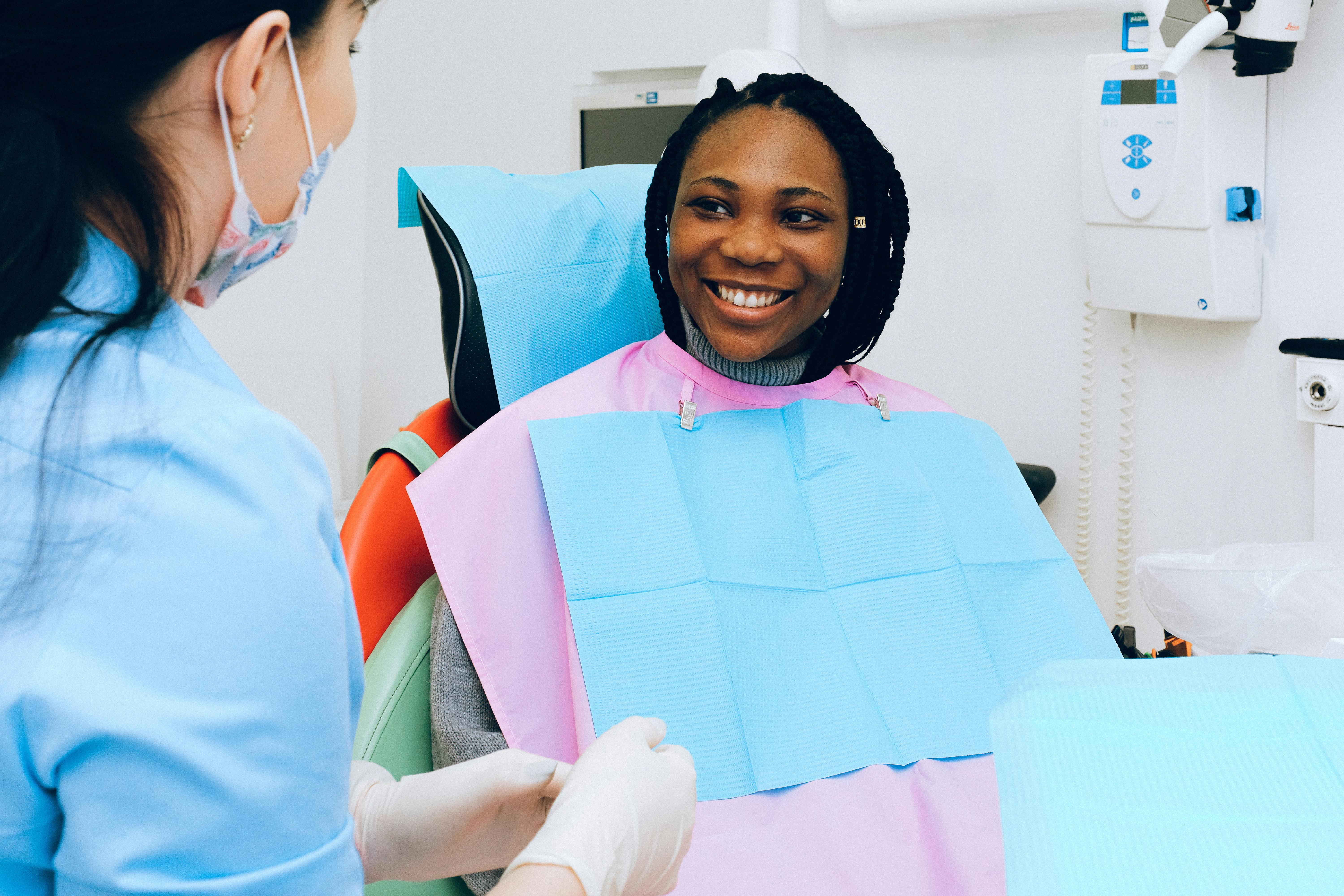If you're wondering whether progesterone support after IUI can improve your chances of pregnancy, you're asking the right question. While research shows mixed results, many fertility specialists recommend progesterone supplementation to support the luteal phase and potentially enhance implantation success rates.
Understanding Progesterone's Role in Your IUI Journey
Progesterone is often called the "pregnancy hormone" for good reason. After ovulation, your corpus luteum produces this crucial hormone to prepare your uterine lining for potential implantation. When you undergo IUI treatment, your body's natural progesterone production might need additional support.
The luteal phase deficiency is a common concern in fertility treatments. Your progesterone levels need to remain adequate for at least 10-12 days after ovulation to give an embryo the best chance to implant and develop. This is where progesterone supplementation comes into play.
| Natural Progesterone Function | Impact on IUI Success |
|---|---|
| Thickens uterine lining | Creates optimal implantation environment |
| Maintains pregnancy in early stages | Reduces risk of early miscarriage |
| Suppresses immune response | Prevents rejection of embryo |
| Relaxes uterine muscles | Minimizes contractions that could affect implantation |
The Science Behind Progesterone Support After IUI
Research on progesterone supplementation after IUI presents varying conclusions, but several studies suggest potential benefits. A comprehensive review published in the Cochrane Database found that luteal phase support might improve pregnancy rates in certain patient populations (Van der Linden et al., 2015).
Dr. Sarah Johnson, a reproductive endocrinologist at Stanford University, explains: "While the evidence isn't definitive for all IUI patients, progesterone support can be particularly beneficial for women with documented luteal phase defects or those using ovarian stimulation medications that might affect natural progesterone production."
The timing of progesterone administration is crucial. Most fertility specialists recommend starting supplementation 1-3 days after IUI and continuing until pregnancy test results are available, typically 14 days post-procedure.
Who Benefits Most from Progesterone Support?
Not every patient undergoing IUI requires progesterone supplementation. Your fertility specialist will evaluate several factors to determine if you're a good candidate for luteal phase support.
| Patient Profile | Progesterone Support Recommendation | Reasoning |
|---|---|---|
| Natural cycle IUI | Case-by-case basis | Natural progesterone production usually adequate |
| Stimulated cycle IUI | Often recommended | Medications may affect corpus luteum function |
| History of luteal phase defect | Highly recommended | Documented progesterone insufficiency |
| Previous early pregnancy loss | Usually recommended | May help maintain early pregnancy |
| Advanced maternal age (35+) | Often considered | Age-related decline in hormone production |
Women using fertility medications like Clomid or Letrozole may particularly benefit from progesterone support, as these medications can sometimes affect the corpus luteum's ability to produce adequate progesterone levels.
Types of Progesterone Supplementation Available
Your fertility clinic will recommend the most appropriate form of progesterone based on your specific needs, preferences, and medical history. Each delivery method has its advantages and considerations.
| Progesterone Type | Administration | Advantages | Considerations |
|---|---|---|---|
| Vaginal suppositories | 1-3 times daily | Direct uterine delivery, fewer systemic effects | Can be messy, may cause discharge |
| Vaginal gel | Once daily | Convenient, sustained release | More expensive than suppositories |
| Oral capsules | 2-3 times daily | Easy to take, familiar format | May cause drowsiness, lower bioavailability |
| Intramuscular injection | Daily injection | Reliable absorption, proven effectiveness | Requires injection, potential site reactions |
At Avida Fertility, we work closely with each patient to determine the most suitable progesterone supplementation approach. Our team considers your comfort level, lifestyle factors, and medical requirements when making recommendations.
Success Rates and Realistic Expectations
Understanding what progesterone support can and cannot do helps set realistic expectations for your IUI treatment outcome. While progesterone supplementation may improve your chances, it's not a guarantee of pregnancy success.
Research indicates that progesterone support may increase pregnancy rates by approximately 5-15% in select patient populations. However, your individual success rate depends on multiple factors including age, diagnosis, sperm quality, and overall reproductive health.
| Age Group | IUI Success Rate Without Progesterone | Potential Improvement with Progesterone |
|---|---|---|
| Under 30 | 15-20% | 2-5% increase |
| 30-35 | 12-15% | 3-6% increase |
| 35-40 | 8-12% | 2-4% increase |
| Over 40 | 3-8% | 1-3% increase |
Dr. Maria Rodriguez, a leading fertility specialist at the American Society for Reproductive Medicine, notes: "Progesterone support is one tool in our comprehensive approach to optimizing IUI success. While the improvements may seem modest, for couples struggling with infertility, even small increases in success rates can be meaningful."
Potential Side Effects and Management
Like any medication, progesterone supplementation can cause side effects. Most are mild and manageable, but it's important to know what to expect and when to contact your healthcare provider.
| Common Side Effects | Management Strategies |
|---|---|
| Breast tenderness | Wear supportive bras, apply cold compresses |
| Mood changes | Practice stress management, maintain regular sleep |
| Fatigue | Ensure adequate rest, light exercise as tolerated |
| Vaginal discharge (with suppositories) | Use panty liners, maintain good hygiene |
| Bloating | Stay hydrated, eat smaller frequent meals |
| Headaches | Stay hydrated, practice relaxation techniques |
Most side effects resolve once you discontinue progesterone supplementation. If you experience severe symptoms or have concerns about your medication, contact your fertility team immediately.
Timing and Duration of Progesterone Support
The success of progesterone supplementation depends heavily on proper timing and duration. Your fertility specialist will provide specific instructions based on your treatment protocol and individual needs.
Typically, progesterone support begins 1-3 days after your IUI procedure and continues until your pregnancy test, usually 14 days later. If the test is positive, you may continue progesterone supplementation through the first trimester to support early pregnancy development.
| Timeline | Action | Purpose |
|---|---|---|
| Day of IUI | Begin progesterone (if prescribed) | Immediate luteal phase support |
| 1-3 days post-IUI | Standard start time for progesterone | Support implantation window |
| 7-10 days post-IUI | Continue supplementation | Maintain uterine lining |
| 14 days post-IUI | Pregnancy test | Determine next steps |
| If positive test | Continue progesterone as directed | Support early pregnancy |
Never stop progesterone supplementation abruptly without consulting your fertility team, especially if you have a positive pregnancy test. Sudden discontinuation could potentially affect early pregnancy development.
Cost Considerations and Insurance Coverage
The cost of progesterone supplementation varies depending on the type and duration of treatment. While this adds to your overall fertility treatment expenses, many patients find the potential benefits justify the additional cost.
| Progesterone Type | Approximate Monthly Cost (USD) | Insurance Coverage |
|---|---|---|
| Generic vaginal suppositories | $50-100 | Often covered |
| Brand name vaginal gel | $200-400 | Variable coverage |
| Oral progesterone | $30-80 | Usually covered |
| Progesterone injections | $100-200 | Often covered |
At Avida Fertility, our financial counselors work with patients to understand insurance coverage and explore payment options for fertility treatments, including progesterone supplementation.
Alternative Approaches to Luteal Phase Support
While progesterone is the most common form of luteal phase support, some fertility specialists may recommend alternative or complementary approaches based on your specific situation.
Human chorionic gonadotropin (hCG) injections can stimulate your corpus luteum to produce more natural progesterone. This approach may be suitable for patients who prefer to enhance their body's natural hormone production rather than supplementing with external progesterone.
Natural approaches to supporting luteal phase health include maintaining a balanced diet rich in healthy fats, managing stress levels, and ensuring adequate sleep. While these methods shouldn't replace medical treatment when indicated, they can complement your overall fertility care plan.
Making the Decision: Is Progesterone Support Right for You?
The decision to use progesterone support after IUI should be made collaboratively with your fertility specialist. Consider discussing these key points during your consultation:
| Discussion Points | Why It Matters |
|---|---|
| Your specific fertility diagnosis | Determines likelihood of benefit |
| Previous IUI outcomes | Helps predict response to treatment |
| Natural cycle vs. stimulated cycle | Affects progesterone supplementation needs |
| Personal preferences and lifestyle | Influences choice of delivery method |
| Cost and insurance coverage | Impacts treatment accessibility |
| Side effect tolerance | Affects medication selection |
Remember that fertility treatment is highly individualized. What works for one patient may not be the best approach for another. Your fertility team at Avida Fertility will consider your unique circumstances when making recommendations about progesterone support.
Monitoring and Follow-up During Treatment
When using progesterone supplementation after IUI, regular monitoring helps ensure optimal treatment outcomes. Your fertility team will schedule appropriate follow-up appointments and tests to track your progress.
Blood tests to measure progesterone levels may be performed 7-10 days after IUI to confirm adequate supplementation. Some patients may also undergo ultrasound monitoring to assess endometrial thickness and overall reproductive health.
Keep detailed records of your symptoms, medication timing, and any side effects you experience. This information helps your fertility team make any necessary adjustments to your treatment protocol.
When to Consider Alternative Treatments
If multiple IUI cycles with progesterone support haven't resulted in pregnancy, it may be time to discuss alternative treatment options with your fertility specialist. This doesn't mean progesterone support has failed, but rather that your fertility journey may benefit from a different approach.
Moving from IUI to IVF is a common next step for many patients. IVF treatments typically include comprehensive luteal phase support as a standard part of the protocol, potentially offering higher success rates for certain patient populations.
Your fertility team will help you evaluate when it's appropriate to consider alternative treatments based on your age, diagnosis, treatment history, and personal preferences.
Frequently Asked Questions About Progesterone Support After IUI
How long should I take progesterone after IUI?
Most patients take progesterone for 14 days after IUI until their pregnancy test. If the test is positive, you'll typically continue progesterone through the first trimester of pregnancy, usually until 10-12 weeks gestation.
Can I get pregnant without progesterone support after IUI?
Yes, many patients conceive after IUI without progesterone supplementation. The decision to use progesterone support depends on your individual circumstances, including your natural hormone levels and treatment protocol.
What happens if I miss a dose of progesterone?
If you miss a dose, take it as soon as you remember, unless it's almost time for your next dose. Don't double up on doses. Contact your fertility team if you have concerns about missed medications.
Are there any foods or activities I should avoid while taking progesterone?
There are no specific dietary restrictions while taking progesterone. However, maintaining a healthy lifestyle with balanced nutrition, regular exercise, and adequate sleep supports your overall fertility health.
Can progesterone support cause false positive pregnancy tests?
Progesterone itself doesn't cause false positive pregnancy tests. However, some progesterone preparations may contain small amounts of hCG, which could potentially affect test results. Always follow your clinic's testing protocol.
Is it normal to have spotting while taking progesterone?
Light spotting can occur while taking progesterone and doesn't necessarily indicate treatment failure. However, report any bleeding to your fertility team, especially if it's heavy or accompanied by cramping.
At Avida Fertility, we understand that navigating fertility treatments can feel overwhelming. Our experienced team is committed to providing personalized care that addresses your unique needs and concerns. We believe in empowering our patients with knowledge while offering the emotional support necessary throughout your fertility journey.
Our state-of-the-art facility in Mexico combines advanced reproductive technologies with compassionate care, making quality fertility treatment accessible to patients from around the world. From basic fertility treatments to complex procedures, we're here to guide you every step of the way.
Considering IVF treatment? Avida Fertility is here to support and guide you on your fertility journey. Reach out today for a personalized consultation and take the first step towards building your family with confidence.






.png)







.svg)
.svg)
